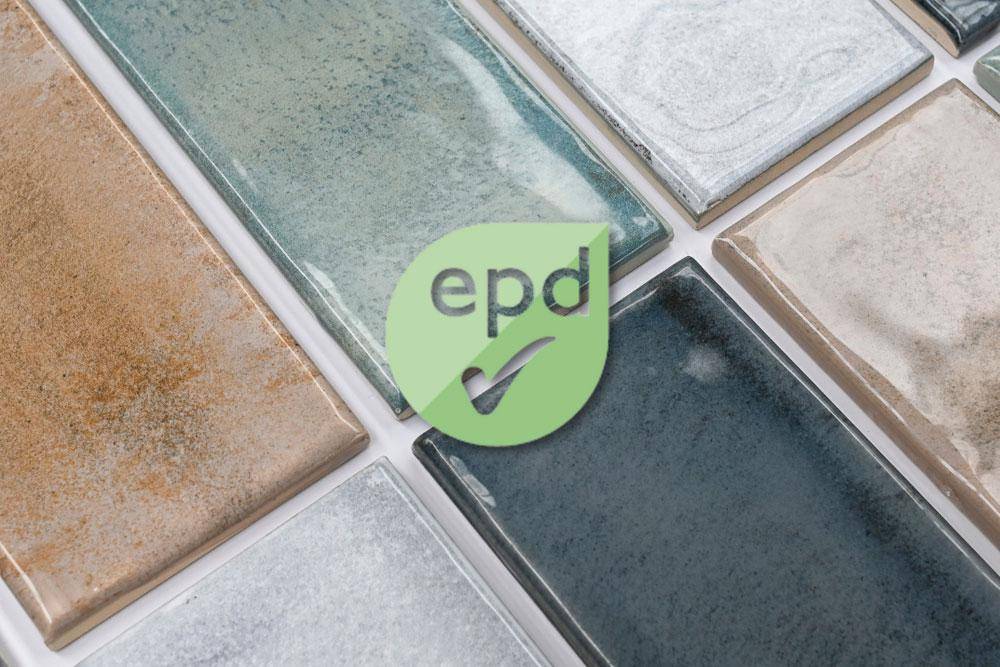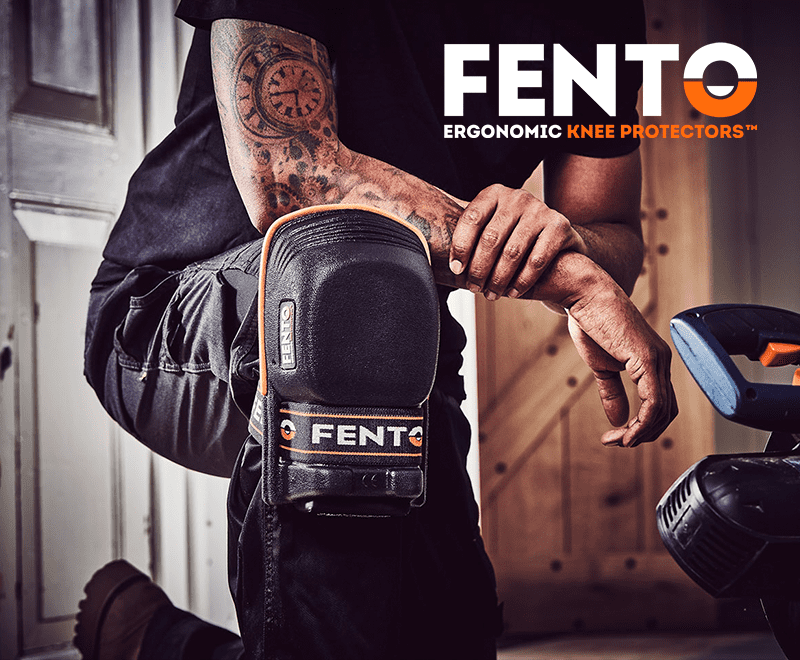Johnson Tiles has been designing and making ceramic tiles since 1901, staying true to its roots in the Potteries’ heartland of Stoke-on-Trent.
Today it’s expected that UK manufacturers have a working, continuous green policy in place.
Johnson, however, has been focusing on sustainable manufacturing for over 20 years, the company says, before sustainable development ever became the focus it is today.
In 1998, it achieved ISO 14001 status for its environmental management system, a certificate the company still holds today. The standard provides guidance on how to consider multiple environmental aspects of the business including procurement, storage, distribution, product development, manufacturing etc. to reduce the impact on the environment.
Along with this, the company has also been certified by BSI against ISO 9001 since 1994. ISO 9001 is the internationally recognised standard for quality management systems and is said to be the most widely used quality management standard in the world.
“Our commitment to sustainable manufacturing has seen us develop over 50 eco-friendly ranges, inspiring and enhancing projects around the world,” the company says. “We’ve dedicated over two decades to finding better ways to operate across every part of our business by cutting energy consumption, diverting waste, and reducing carbon emissions.”
By speeding up its kilns, using automatic light sensors and re-using kiln exit, the company says it has dramatically cut its energy and gas consumption and reduced its CO² emissions. It has changed from twice-fired to single-fired technology on its kilns, all lighting is energy efficient as well as LED, and the heat from its waste heat recovery scheme is used for space heating in various parts of the factory and in the offices.
All electricity the company consumes is generated by biomass and hydro. This form of energy is generated through organic fuels including wood and plant matter, rather than relying on traditional fossil fuels such as coal or gas.
The company has also calibrated its ceramic recipe to ensure every tile it manufactures contains up to 20% recycled ceramic material as part of its ceramic waste recycling system.
The company’s latest initiative has seen it eliminate single-use plastics from the packaging of all its UK manufactured ceramic products, reducing its use of plastic from 100 tonnes to zero. The packaging components of its pallets now comprise 100% recycled and recyclable cardboard; carbon neutral, 100% recyclable, plant-based sugar cane wrap; and re-used, re-usable wooden pallets.
Johnson also holds an EPD certificate. EPD stands for environmental product declaration, and it communicates the environmental performance and impact of the tiles over their lifetime. “To get an EPD we had to take a deep dive into all our raw materials, manufacturing processes, emissions, and transport,” the company says. Data is collated over a 1-year period and is then submitted and verified by an approved independent verifier, before being registered and published. An EPD is produced by conducting a life cycle assessment of the product, so the company also had to explore the construction and end of life processes of tile use.
The EPD supports Johnson’s aim to reduce carbon emissions as a UK manufacturer and aids with setting targets for this. “Sustainability is always at the forefront of our minds, and we are dedicated to finding better ways to operate,” the company says. “So our customers can benefit from choosing the most sustainable products for their projects.
“Sustainability is one of the most important design challenges of our time, so we are continuing to learn how we can do our bit. Going forward, we are working to be able to increase the amount of waste from production that we re-use in our manufacturing process, and in conjunction with our waste partner are aiming to head to zero to landfill.”
The company has completed the first stage of BES 6001, which is an independent, third-party certification designed to enable manufactured products to be assessed and certified as being responsibly sourced. The company will undertake stage 2 of this certification in August.
It’s also completing its 4th year assessment with Carbon Trust as part of the “Route to Net Zero”.
The company has signed a commitment to the BCC Towards Net Zero programme. This initiative supports the ceramic industry in the adoption of best practice, technologies and low carbon manufacturing with the aim of achieving net zero emissions by 2050. Lastly, the company is focusing on sourcing from suppliers who have products with recycled content and EPDs to ensure its portfolio is as sustainable as tiles can be.
The company concludes: “We are proud to be leaders on this sustainability journey and are constantly aiming to discover more ways to positively impact the planet!”








